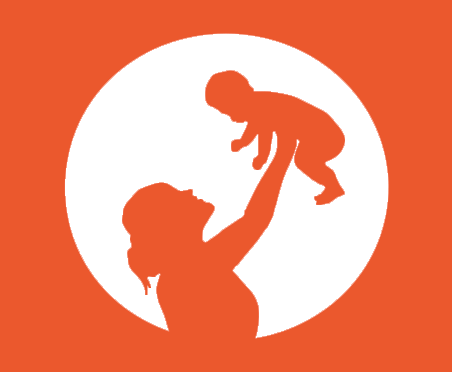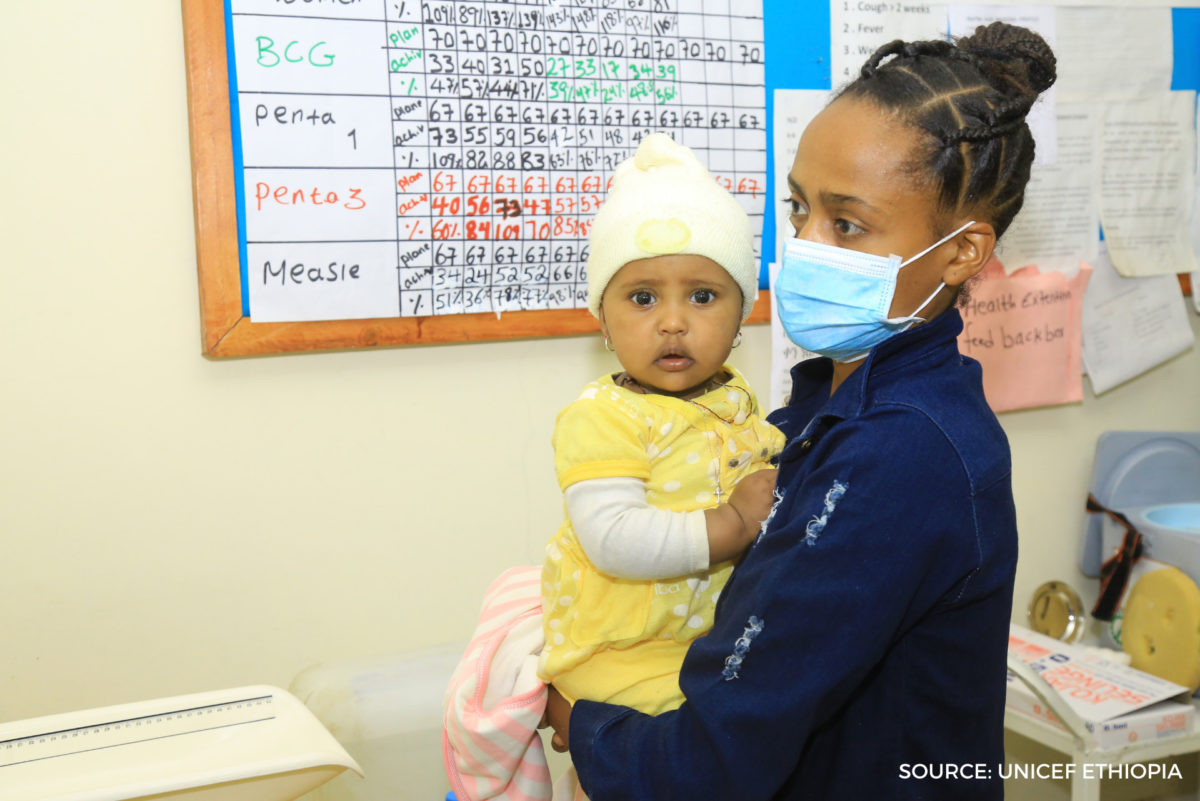By: Blythe Thomas, Initiative Director, 1,000 Days of FHI Solutions
Minerva Delgado, Director of Coalitions & Advocacy, Alliance to End Hunger
Not nearly enough time or attention is spent discussing and acting upon when “good nutrition” for an individual should start. The answer? Before the individual is even born. This week is National Women’s Health Week and marks an important time for the nutrition and anti-hunger community, individuals, and policymakers, to reflect on what we can do to promote and improve the health of women, children and families. We must focus on supporting policies that build a healthier and more equitable future for all pregnant, birthing, postpartum, and parenting people and their children.
The 1,000-day window, which spans from pregnancy to age 2, marks one of the most crucial times to provide vital maternal and infant nutrition interventions. The nutrition community has coalesced around this critical window working to ensure mothers, children and families have access to the nutrition they need for vibrant futures. This goal is unfortunately – but unsurprisingly – difficult to achieve across the board. Factors such as race or where a child is born should not affect health and well-being; however, this is a reality in many communities. In particular, families of color and low-income families are more often overburdened with barriers to accessing nutrition and are under-resourced. As a result, there are glaring disparities in the health and well-being of women and children from these households.
Adequate nutrition is fundamental to the overall well-being of a community because good nutrition impacts more than just physical health. Good maternal nutrition during pregnancy fuels the development of a baby’s rapidly growing brain so by the time that a baby is born, their brain will contain 100 billion neurons. We also know, for example, that children with access to healthier, more nutritious meals are better able to concentrate in school and enjoy better educational outcomes. Similarly, adults who can easily access and maintain a healthy diet benefit from improved health and economic opportunities. Addressing inequities in access to healthy and nutritious foods cannot be ignored. We must prioritize interventions that give every family the opportunity to be healthy.
To that end, there are a number of programs that merit continued support and strong expansions, such as the Supplemental Nutrition Assistance Program (SNAP), Special Supplemental Nutrition Program for Women, Infants, and Children (WIC), and the Child and Adult Care Food Program (CACFP). For example, WIC has bridged the gap between medicine, food, and nutrition better than almost any federal program, leading to improved nutrition intake, healthier pregnancies and improved birth outcomes. Congress has temporarily increased the overall value of WIC’s fruit and vegetable benefit (or Cash Value Benefit (CVB)) through the end of September 2022. So far, this has led to better access to nutritious foods for over 4.7 million WIC participants. Making the increased benefit permanent will significantly close nutrition gaps for women and their children.
Improving nutrition also means supporting programs like the recently expired monthly Child Tax Credit (CTC). The revamped CTC monthly payment proved to have an astonishing impact on lifting children and families out of poverty. In 2021, Congress expanded the CTC and made the full credit available to low-income families who previously did not qualify because their earnings were too low. Families were allowed to receive the credit in monthly increments, which was vital in helping families with their everyday expenses like buying nutritious food. It is estimated that 3.7 million children were kept out of poverty in December 2001 when the last child tax credit payments were made. Further, nearly half of families who received the tax credits used the extra funds to purchase food helping to address nutrition insecurity around the country. In January, the first month without the deposits, those gains were lost and 3.7 million children again fell into poverty.
But we must support the overall health and well-being of women and families with comprehensive approaches to address the root causes of poverty and malnutrition. Employers must implement family-friendly policies and programs in workplaces and communities to support women at home and at work. This includes providing workers with sufficient paid family leave, as well as ensuring equitable access to the lactation services and support women need to meet their breastfeeding goals. These policies help make the workplace and our society a safe and enabling environment. The recent pandemic and subsequent inflation have highlighted not only the critical nature of poverty and nutrition programs, but also the vulnerabilities and gaps in supporting those who need it most. All future policies must prioritize making programs more equitable and effective. While Congress has many competing priorities, we know that voters across all demographics deeply care about ensuring women and their children have access to the nutrition they need to be healthy. For example, a recent bipartisan poll by ALG Research/McLaughlin & Associates, on behalf of the National WIC Association and Alliance to End Hunger, reveals strong support for WIC among likely 2022 voters – 83% total support for the program, and approximately 75% support for expanding the value of the WIC food package, expanding postpartum eligibility, and modernizing WIC services.
This week, let’s reflect once again on the fundamental importance of nutrition for women and girls across the country, and urge Congress to make access to healthy foods and investment in nutrition programs a priority. Ensuring the health and well-being of those who are pregnant and their children is critically important to our nation’s future and requires both focus and determination of policymakers and advocates.
1,000 Days, an initiative of FHI Solutions, fights to win support for policies and investments in the wellbeing of mothers, babies and toddlers in the U.S. and around the world.
Alliance to End Hunger unites diverse sectors to address today’s hunger and malnutrition needs and to solve the root causes of hunger at home and abroad.








